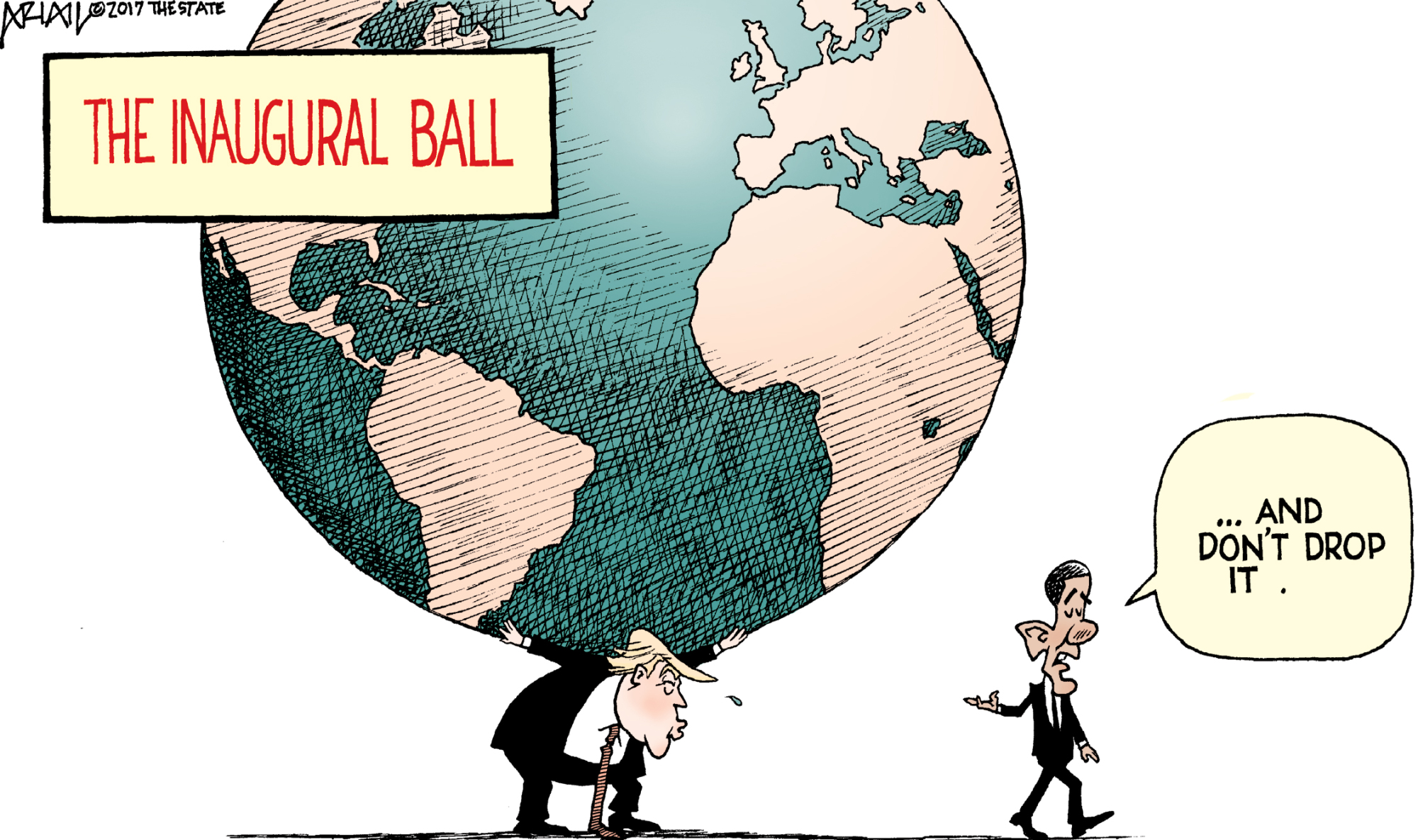As Donald Trump assumes the U.S. presidency, a group of 35 prominent international business leaders, led by Unilever CEO Paul Polman and me, is stepping forward to defend open markets, endorse the fight against climate change, and demand a massive push against global inequality. These are the core elements of what we believe is the only viable economic strategy for the United States and the world.
Recent electoral outcomes, including Trump's election, highlight the intensifying economic grievances of many households across the developed world. In the 20 years before the 2008 financial crisis, unprecedented globalization raised incomes for just about everyone. The incomes of the poorest third of humanity rose by 40-70 percent, and those of the middle third increased by 80 percent. The top 1 percent did even better — so much better, in fact, that the business elite is now facing a powerful backlash.
And yet the incomes of a crucial group — lower middle-income households — barely rose at all. And, since 2008, this same group has borne the brunt of austerity. Unsurprisingly, its members feel "left behind" by globalization — and are now demanding change.


















With your current subscription plan you can comment on stories. However, before writing your first comment, please create a display name in the Profile section of your subscriber account page.